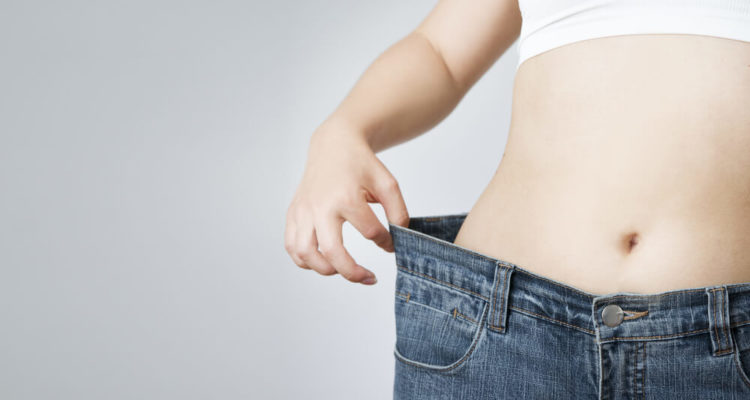
4 reasons why it is difficult to lose weight after 50 years
0
You cut calories, eat less portions and walk almost every day – a seemingly successful diet strategy by all parameters except one: the scale. It seems that she will not budge. What gives? Why can't you lose weight even on a diet?

1. Your medication is the problem
About 75 percent of people over the age of 50 take prescription drugs regularly, and the percentage (and the number of drugs people take) increases steadily with age. Weight-gaining drugs include a wide range of drugs, from over-the-counter antihistamines that contain diphenhydramine, which increases appetite, to beta-blockers, which can slow muscle contractions and thereby slow metabolism, to the more selective serotonin reuptake inhibitors prescribed with depression and anxiety.
2. You lose muscle
“If you don't make an effort to maintain muscle mass, you lose 3 to 8 percent per decade after age 30,” says Kristen Beavers, associate professor of of Health and Exercise at Wake Forest University.
She adds that with more calories than fat, your metabolism slows down and you burn fewer calories. Age-related loss of hormones in both women and men accelerates their decline. To make matters even more difficult, you lose muscle when you lose weight. According to Beavers, up to 40 percent of their body weight is muscle.
You can slow down the muscle wasting associated with both age and weight loss with a strength training program.< /p>
3. You save on protein
As people age, they often have trouble digesting protein, so they eat less of it, and dieters tend to cut back on protein — which is completely wrong, Beavers says. First, protein is a vital building block of healthy muscle tissue. When Beavers and her colleagues studied 96 people who had lost weight between the ages of 60 and 70, they found that consuming one gram of protein per kilogram of body weight daily helped the participants maintain healthy muscle mass.
< 4. Are you eating too much at night
Studies show that people who eat after dinner consume an average of 208 more calories than those who don't.
“Many people can control what they eat during the day, but at night they're tired and feel like they deserve treatment,” says Kelly Allison, director of the Center for Weight and Eating Disorders at the University of Pennsylvania. Perelman. “When we switch off at night, Cognitive Fatigue occurs, so we don't have the determination to say no to ourselves.”









Leave a Reply